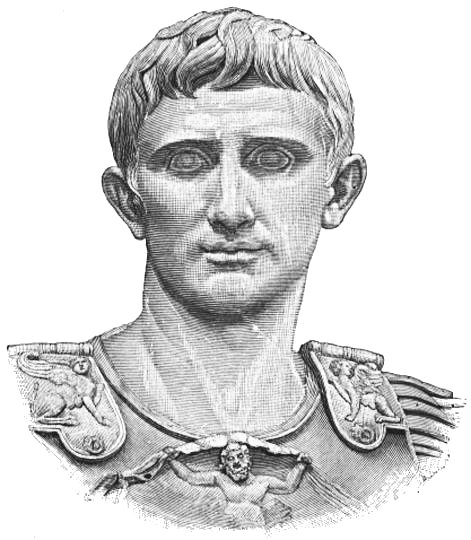“I came to see a king, not a row of corpses.”
After having visited the mausoleum of Alexander the Great in Alexandria, Augustus was asked if he also wanted to visit the mausoleum of the Ptolemies; in Suetonius, Divus Augustus, paragraph 16. Translation: Robert Graves, 1957.
